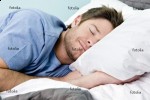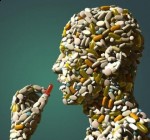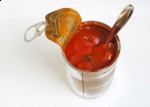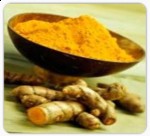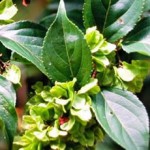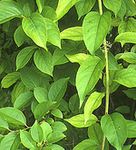This past weekend, Forbes published a story about a billionaire family who's family fortune is growing due to their investments in Chinese herbal medicine.
The company, called Shijiazhuang Yiling Pharmaceutical gained 5.6% to close at 47.20 yuan, or $7.37. A rise 29% on its first day of trading. Most of money will be used to expand production of Chinese herbal medicines for cardio-cerebrovascular illness and the flu.
The Yiling’s 2010 revenue was approximately 1.6 billion yuan last year.
The family of chairman Wu Yiling, who with his children own 59% of the herb company, is currently worth $1.7 billion.
Wu is a graduate of Hebei Medical University with a bachelor’s degree in Traditional Chinese Medicine, TCM, and also holds a master’s degree in medicine from the Nanjing University of Chinese Medicine.
China had a record 115 billionaires on the 2011 Forbes Billionaires list published earlier this year. To have a family in the Chinese herbal medicine business shows the expansive growth of Chinese herbs both in China and around the world.

